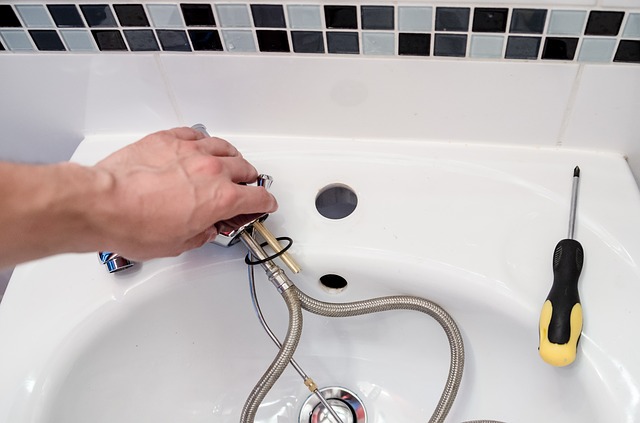When your plumbing pipes start leaking, it can be hard to know whether it is a plumbing problem or a more serious issue. However, there are some steps you can take to lessen the risk of clogs and leaks.
 These include checking for leaks and keeping your outdoor hoses stored.
These include checking for leaks and keeping your outdoor hoses stored.
Lessen the Risk of Clogs
You can do several things to reduce the risk of plumbing pipe clogs. First, it is important to identify areas where the pipes may get clogged. The best plumbing company in Albuquerque will help you identify the right areas to replace pipes and keep the plumbing system flowing properly. Another important step is to install a leak detection system to monitor the water flow and prevent leaks. Lastly, it is important to ventilate the drain plumbing to avoid chronic clogs. If you have a slow-draining sink, your plumbing vents may be blocked.
A clogged drain can be dangerous to the health of anyone nearby. The water in sewage contains bacteria and viruses that can cause a variety of illnesses in people. Sewage can even be toxic, so anyone within a nearby area could become infected if it backs up.
Unclog Slow Drains
If you’re having trouble with a slow drain, there are a few steps you can take to clear it. First, use a plunger to force out the clog. This will clear the drain in a short time. If the clog is more substantial, you can use a chemical cleaner. However, it’s important to remember that chemical cleaners can soften PVC pipes and damage older metal ones.
Slow drains can make daily tasks more difficult. Therefore, you should act on the problem as soon as possible. You can try to unclog it on your own, but you will need the right tools and techniques.In that case, you may need to call an expert in plumbing repair in Red Oak, IA (or wherever it is you are located) to take a look, as it might need a repair, or even a total replacement.
Check for Leaks
One of the most important tasks in maintaining plumbing pipes is checking for leaks. Leaks can lead to some problems, including a large water bill, structural damage, mold, and more. Some leaks are obvious, but others are hidden and difficult to detect. Fortunately, there are ways to detect leaks and prevent them before they become costly problems.
Water damage to homes is expensive for homeowners and insurance companies alike. It costs insurers around PS1.8 million a day to repair water damage to houses. Fortunately, repairing leaks in your pipes can save money and protect your home.
Store Outdoor Hoses to Prevent Freezing
If your plumbing pipes are outside, you should drain water from your outdoor hoses and store them indoors during the winter. The drain plug near the shut-off valve should be opened to drain water. Afterward, closing the shut-off valve would help prevent water from freezing or bursting the pipe. You should repeat these steps for each source if your home has more than one outdoor water source. The best way to prevent freezing and burst plumbing pipes is to drain outdoor hoses well before the first freeze.
First, identify which pipe enters your home. It may be located in the crawl space or basement. If you can find it, wrap it with towels to prevent it from freezing. In addition, you can use a hair dryer to warm up frozen segments in the pipe.
Check for Signs of Water Damage
Checking for signs of water damage when maintaining plumbing pipes is important to prevent costly property damage. While large puddles and drips are easy to spot, other indicators may be more difficult to detect. These signs include leaks beneath sinks or toilets and water damage on cabinetry or flooring.
Water damage from plumbing problems can be devastating. Fortunately, there are several ways to prevent it. It is possible to detect the first signs, such as damp or moldy smells. You may also notice discoloration on walls or see dark spots.
Avoid Putting Heavy Items Down Drains
One of the most common plumbing maintenance tips is to avoid putting heavy items down the drain. These items can cause clogs in the pipes. Also, avoid washing any items down the drain with sticky substances. Sticky items can stick to the pipes and cause problems for their pipes.
Avoid putting grease, fats, and meat trimmings down the drain. Fats and grease cool when they pass through a drain system and can stick to the pipes, clogging them and causing a backed-up sewer or drainpipe. Lastly, don’t put heavy items, such as bones, down the drain. These substances are odorous and can damage the plumbing pipes.
Related Posts:
- 6 Reasons Why Proper Plumbing is Important for Your Household
- How Do I Clean My Plumbing System?
- Master The Art Of Plumbing Repair With These Tips
- Why Should You Get Plumbing Issues Fixed Right Away
- 7 Home Maintenance Tips to Keep Your House in Great Shape